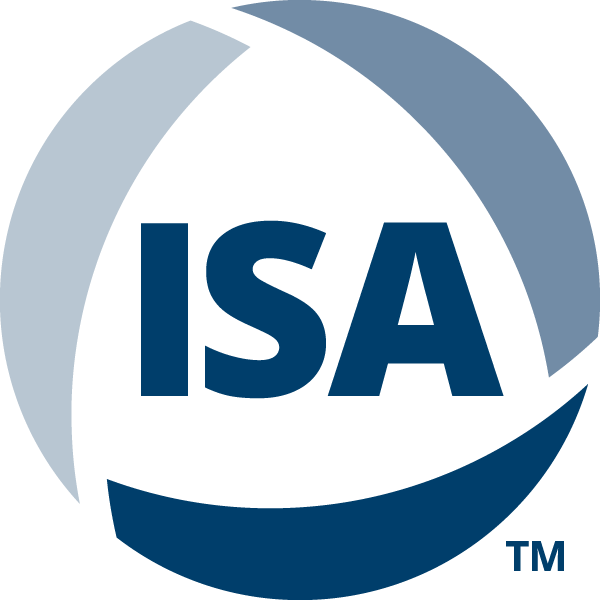COVID-19 has exponentially increased the need for N95 disposable masks in hospitals and medical facilities around the world. In response to this demand, companies are boosting production of these particulate-filtering respirator masks in unprecedented ways.
Honeywell* announced on March 30 that it plans to produce more than 20 million N95 masks monthly to aid in the crisis. It is expanding its manufacturing operations in Smithfield, Rhode Island, as well as in Phoenix, Arizona, where it plans to hire 500 people. 3M plans to double its global mask production to about 100 million per month, with about 35 million per month being manufactured in the United States. Both Honeywell and 3M have contracted with the U.S. Department of Health and Human Services to help build out the country’s stockpile. This stockpile will be used to support health, safety, and emergency response workers.
“We at Honeywell are proud of our role in providing essential equipment to the first responders and medical professionals we are relying on during this crisis,” said Darius Adamczyk, Honeywell chairman and CEO, in a statement to the Phoenix Business Journal. “We have moved quickly to expand our production capacity for N95 masks globally and are pleased to announce our second new U.S. manufacturing line to supply the Strategic National Stockpile.”
The demand for N95 masks is so high that the U.S. Food and Drug Administration issued a letter authorizing NIOSH-approved respirators intended for industrial settings to be used in healthcare settings. On April 2, Amazon started blocking the general public from ordering N95 masks and other coronavirus-related items, restricting their purchase to hospitals and government agencies only. (Update as of April 6, 2020: On April 3, 2020 the CDC advised people to cover their faces while in public to prevent the spread of COVID-19, reversing a previous recommendation that people not wear masks unless they are sick. The organization emphasized that the public should not wear N95 masks.)
Some manufacturers in other industries are also shifting gears to fulfill mask shortages at medical facilities. Hanes is retrofitting its clothing manufacturing operations to produce masks, with plans to ramp up production to 1.5 million per week, although they do not have capabilities to meet N95 standards.
“The masks we are making use three-ply cotton fabric and are reusable and washable,” HanesBrands chief communications officer Matt Hall told USA TODAY. “They are designed to be used when N95 respirator masks or formal surgical masks are not required or are not available.”
A consortium of textile companies has committed to producing masks to prevent the spread of COVID-19, including Hanes and Parkdale Mills as well as the National Council of Textile Organizations. The Office of Trade and Manufacturing Policy and the National Association of Manufacturers are coordinating efforts to provide ventilators, vital-sign monitors, test kits, gloves, and protective suits to government agencies and hospitals. Pernod, a producer of alcoholic beverages, announced it will produce hand sanitizer at all of its U.S. manufacturing sites.
Other groups are mobilizing as match-makers, connecting smaller companies in possession of COVID-19 supplies with medical facilities experiencing shortages. Project N95, newly launched by a team of software executives, had matched more than 40 million pieces of equipment—mostly masks—with medical facilities by March 26. (The CDC also provides guidelines to health care workers on how to manage mask shortages, including a list of respirator mask types that meet performance standards similar to NIOSH-approved N95 in either Australia, Brazil, China, Europe, Japan, Korea, or Mexico.)
This article is part of a series from the International Society of Automation (ISA) covering the automation industry’s response to COVID-19. Read more below:
- Auto Manufacturers Could Build Ventilators: The Power of Standards in a Global Crisis
- Leveraging Technology to Work in the Age of Uncertainty
- Harvard Business Review Analyzes Supply Chain Impacts of COVID-19
- COVID-19 Pandemic Results in Unprecedented Demand (and Shortages) for Medical Device Manufacturers
- COVID-19 Reminds Us: Risk Profiles Change. Connectivity Is a Driver.
*Honeywell is a member of the ISA Global Cybersecurity Alliance (ISAGCA).




